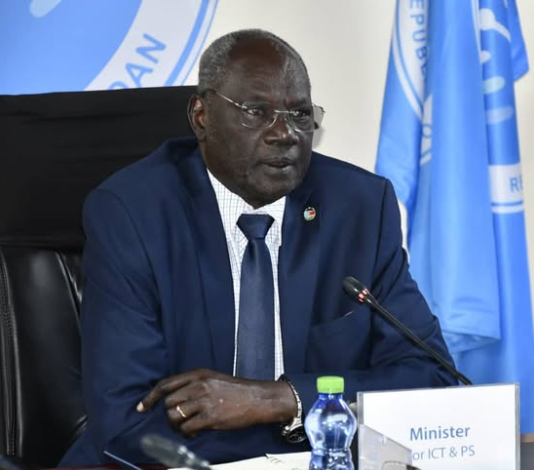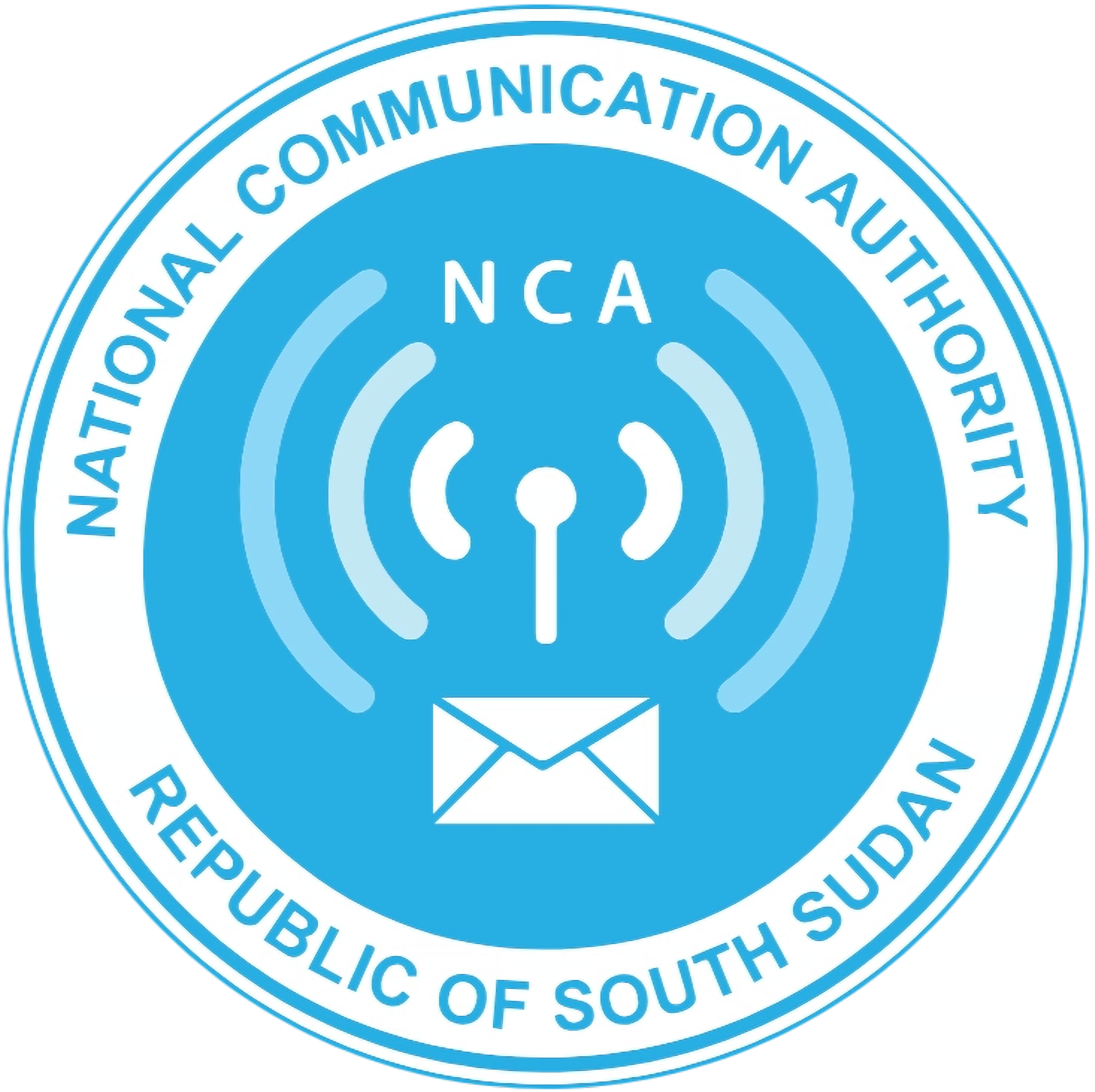Insights from the 15th Leadership Meeting of South Sudan's Ministry of ICT & Postal Services at National Communication Authority - NCA, Gumbo
- De Malong
- Oct 3
- 4 min read
In a major step forward for South Sudan's digital landscape, a recent Leadership meeting held at the at National Communication Authority - NCA, Gumbo and chaired by Honorable Minister Michael Makuei Lueth has set the stage for transformative media infrastructure initiatives. This gathering of key stakeholders aimed to shape the strategic direction of the media sector, focusing on digital connectivity's vital role in national development. With both private and public sector leaders present, the meeting raised awareness of how robust media infrastructure can empower citizens and spur economic growth.
The discussions centered on two significant initiatives: the plans to open two new SSBC Radio and Television studios and an overview of the Eastern Africa Regional Digital Integration Project (EARDIP). These initiatives illustrate the government's promise to enhance media capacity and foster national growth through strategic investments in infrastructure.
The Vision for New SSBC Studios
The establishment of two new SSBC Radio and Television studios is a key focus of the meeting. Mr. John Madol Panther, the Managing Director of SSBC, outlined how these studios will transform the media landscape in South Sudan.
These studios are expected to vastly improve broadcast quality, offering a platform for various voices and stories from all corners of the country. The initiative aligns with the government's goal of nurturing a vibrant media environment that encourages national dialogue.
For example, existing SSBC Radio studios have produced popular programs that engage the youth and highlight local talents. By expanding these studios, the government anticipates a 50% increase in local content production within the next three years. This, in turn, will create jobs in journalism, production, and technical roles. Investing in infrastructure not only enhances media quality but also breeds creativity among the youth, encouraging them to explore careers in broadcasting.

Prior to his appointment as Director General, Eng. Gieth served as a member of the NCA Board of Directors, where he played a key role in shaping strategic policies and regulatory frameworks aimed at strengthening South Sudan’s communications sector. His contributions on the Board provided him with deep institutional insight and a clear understanding of the Authority’s operational landscape, policy priorities, and stakeholder dynamics.
EARDIP: A Gateway to Digital Integration
The Eastern Africa Regional Digital Integration Project (EARDIP) was another major topic of discussion. Eng. Mach Abraham Jok shared updates on the project's achievements, emphasizing its role in fostering improved digital connectivity across borders.
EARDIP aims to smooth the path for data exchange between Eastern African countries, enhancing market integration. For South Sudan, this means a chance to connect digitally with neighbors such as Uganda and Kenya. This improved connectivity is expected to boost trade opportunities for local businesses, potentially increasing regional commerce by up to 30% over the next five years.
The project has already reached significant milestones, including over 100 kilometers of fiber optic cables laid in southern states. Collaborations with stakeholders, including telecommunications companies, are key to sustaining this momentum and ensuring South Sudan benefits from a connected digital economy.
The Role of ICT in National Growth
During the meeting, the Ministry underscored a strong commitment to utilizing Information and Communication Technology (ICT) as a catalyst for national development. Integrating digital technologies across sectors is essential for South Sudan, especially in education, health, and commerce, areas critical to improving citizens' lives.
For instance, increased media capacity can help disseminate essential health information more effectively, reaching remote communities and potentially reducing the rate of preventable diseases by around 15% in the next few years. Moreover, a robust media sector enhances transparency and accountability, allowing citizens to engage more actively in governance.
By investing in media infrastructure, the government is reinforcing the significance of ICT in driving social and economic growth. As South Sudan works toward stability, the role of digital technologies will be crucial in shaping a more prosperous future.
Challenges and Opportunities Ahead
While the initiatives discussed at the meeting are promising, challenges remain, notably the digital divide across the country. Many communities still lack reliable internet and communications services. In fact, studies suggest that only 28% of South Sudan's population has access to the internet.
Addressing these challenges requires collaboration between the government, private sector, and international partners. Encouraging investments in digital infrastructure can unlock South Sudan's true economic potential.
Additionally, capacity building for media professionals is critical. Training initiatives can help ensure that the workforce is prepared to utilize and maintain new technologies, fostering sustainability in the media sector. Strong training programs could boost job readiness by up to 40%, ensuring the sector has skilled workers to thrive in a digital economy.
Looking to the Future
The recent meeting chaired by Hon. Minister Michael Makuei Lueth marks a significant stride towards strengthening South Sudan's digital future through key media infrastructure initiatives. The dialogues about establishing new SSBC Radio and Television studios and advancing the EARDIP project reflect a commitment to enhancing digital connectivity and media capacity.
As South Sudan invests further in its digital landscape, the potential for growth is immense. By prioritizing ICT and media infrastructure, the nation can foster a more informed and engaged citizenry, contributing to national stability and prosperity.
The path to a robust digital future may present challenges, but through focused strategies and collaboration, South Sudan can leverage technology as a powerful tool for development, paving the way for a brighter, connected future for all its citizens.




